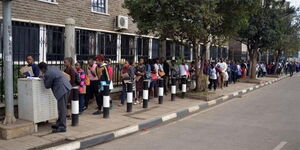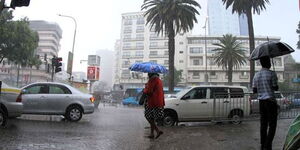Kenya is being pressured by different entities alongside the Africa Economic Research Consortium (AERC) to reform its excise duty on alcoholic beverages & cigarettes.
Currently running on the maximum tax range in the region, Kenya taxes the highest on beer, wine, and spirits, leading to elevated final product prices compared to neighbouring countries like Uganda and Tanzania.
The National Assembly Departmental Committee on Finance and National Planning, on November 23, 2023, thus made three recommendations that are yet to be reviewed to enhance tax reforms.
It sought to prescribe an optimal exercise duty rate that will be revised once in three years, be based on periodic surveys by the Kenya National Bureau and Statistics (KNBS) or be subjected to public participation.
Furthermore, the National Assembly, in its strategy consideration of the review of the taxes, proposed that Kenya's excise duty on alcoholic beverages be revised based on the alcohol content in the product.
"The government will increase excuse duty on spirits and other higher alcohol content products to discourage their consumption, as they pose health risks," the committee published in its report.
Apart from capping the disparity, the Institute of Economic Affairs (IEA) also appearing before the committee on October 5, 2023, directed Parliament to not only lower the taxes collected but use it for corrective measures rather than funding the exchequer budget.
"All revenue generated from excise tax must be isolated and used directly to correct the harm caused by the activities for which it was imposed," stated IEA in their proposal.
However, this comes at a time when the disparity equation between Kenya and other East African Communities lies a big margin. In Uganda, the locally manufactured spirit has an excise duty rate of Ksh48 per litre, way lower than Kenya’s Ksh356 per litre or Ksh486.4 ($3.2) per litre. In Tanzania, the duty is Ksh190 per litre and Ksh7.4 per litre in Burundi.
It has further created a loophole that has caused a high inflow of cheap, illicit products into the country.
This comes at a time when Kenya is estimated to be losing an average of Ksh71 billion in taxes annually to the sale of illicit alcohol, according to Euromonitor Consulting report.
Different stakeholders are now calling for a taxation reform to have a minimum and a maximum cup that will cut across borders and stop the illicit flow of alcohol products.












